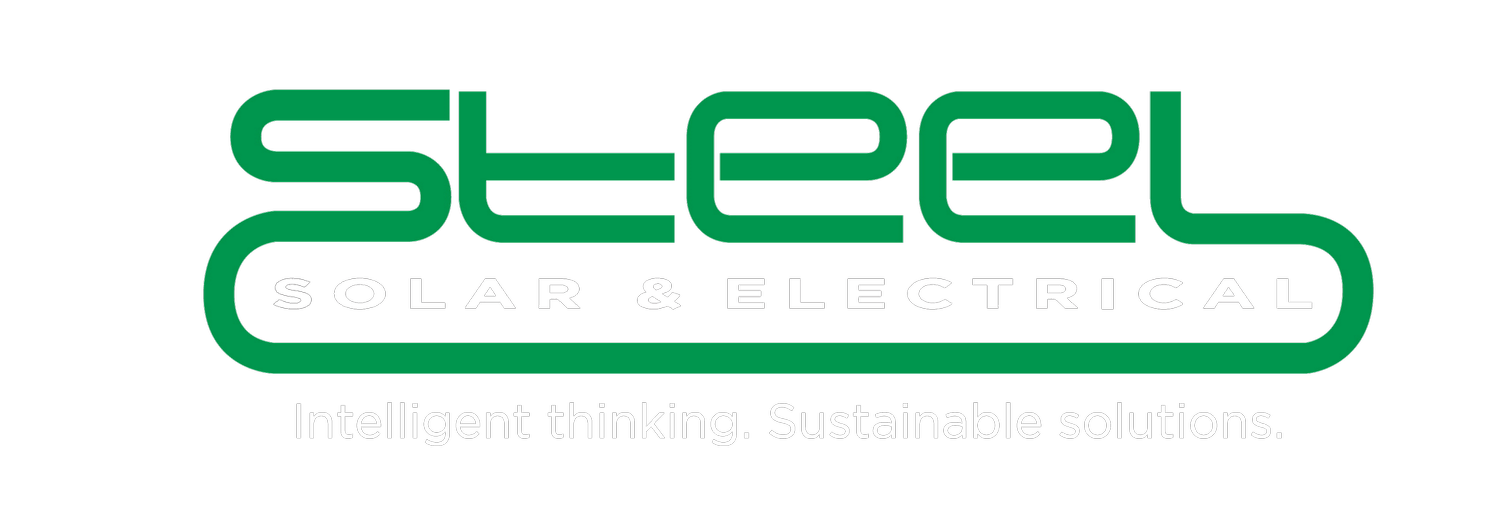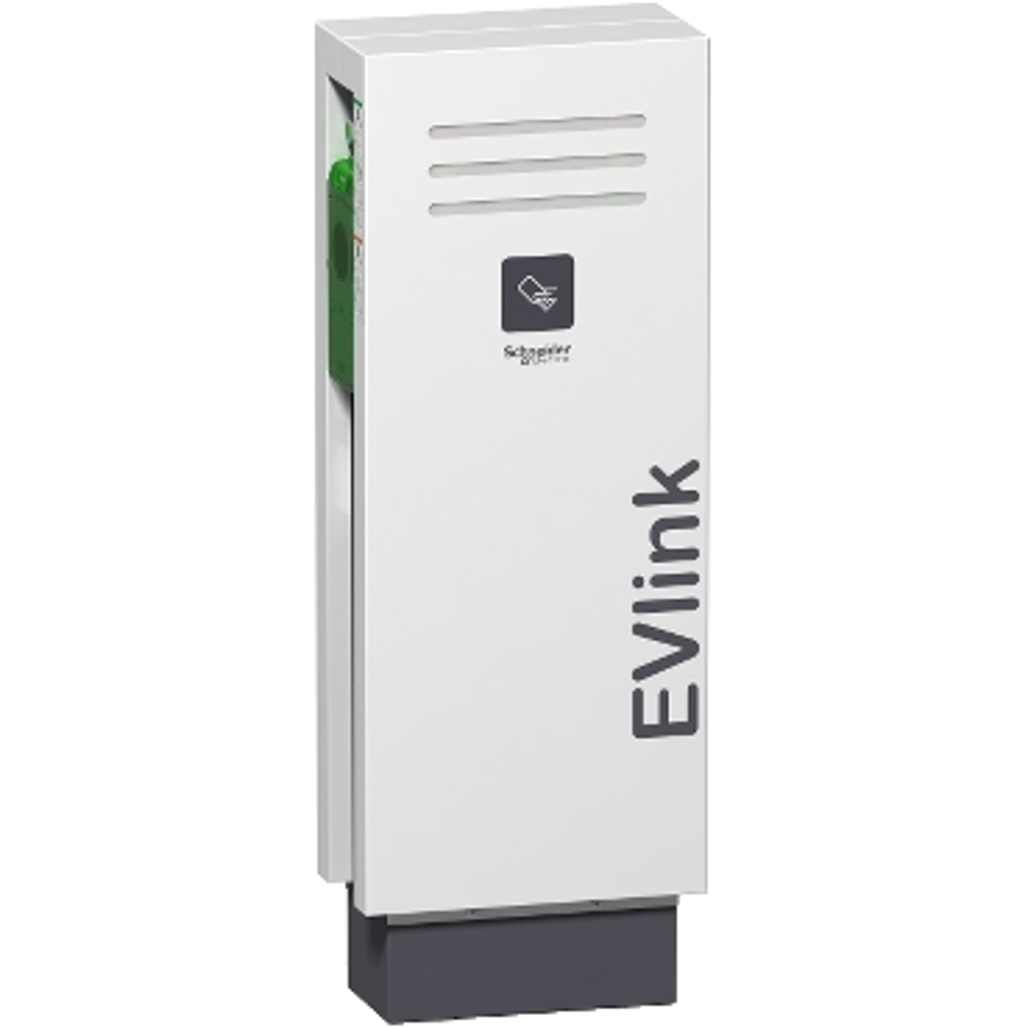
EV Charging Solutions
We can get you EV ready.
Imagine never stopping at a petrol station again, and instead, have an unlimited supply of fuel available at home or wherever you normally park. For many electric vehicle owners, this is a reality. Electric vehicles never need petrol, and for short trips, plug-in hybrids might use no gas either.
Electric vehicle charging is simple, cost-effective and convenient, particularly when you are plugged in at home — filling up your car with electricity while you sleep! Plus driving an electric vehicle has a whole host of long term environmental benefits too.
Why choose an electric vehicle?
Approximately 4 times cheaper to run
Improved air quality in our town and cities
Electricity is readily available in every home
EV batteries are recyclable
Reduced reliance on global oil
Where to start
Before purchasing EV charging equipment, it’s important to choose products that suit your specific charging requirements. So if you’re at home and have only one EV, then choosing an EV station with a tethered cord (cable attached) is preferred.
However, if you’re using your EV charger for a public application (for example an apartment building or supermarket carpark), then you may want to consider having a universal socket system.
Regardless of your needs, Steel Electrical can give you advice about the products that are right for you. And we can then supply and install the product where you require it.
Why choose Steel Electrical?
At Steel Electrical we are passionate about providing Kiwis with energy efficient solutions and one of our favourite places to do that is with EV charging. We are experts at installing and maintaining these EV charging systems. Plus we can future-proof new buildings by putting EV capable wiring in place, ready for an EV charger to be plugged-in at a later date.
EVlink Charging Stations
EVlink Parking
Charging stations for semi-public car parks and on-street charging
EVlink Parking charging solutions in all parking environments: offices, hotels, supermarkets, fleets, municpals, etc.
Features:
Adapt charging station power demand to your electrical distribution
Select the relevant power-metering solution
Adapt the charging station to your application
Applications:
At apartment complex
At work
On private parking area
On municipalities
EVlink Wallbox
Charging stations for home or private properties (indoors or outdoors)
The EVlink Wallbox is weatherproof and robust. It can be used in tough environments, at home and in private properties (condominium, corporate car park, hotel...).The range is made of Wallbox Standard and Wallbox Plus. In addition to all functions available in Wallbox Standard, Wallbox Plus is fitted with a built-in protection against the residual direct currents, and a device to avoid exceeding the subscribed electrical power (only available in France with electronic utility meters).
Applications:
Home (individual house or condominium),
Private and semi-public car parks (public covered car parks, corporate car parks, hotel etc.)
EVlink Smart Wallbox
The connected EV charging station for smarter charging.
Ideal for semi-public parking facilities, corporate EV fleets, and apartment complexes, EVLink Smart Wallbox offers energy metering capabilities plus the connectivity you need to ensure user authentication, generate reports and billing, allocate costs to individual users, and perform remote maintenance. Everything you need to make EV charging easier than ever to manage!
Features:
Indoor or outdoor: Water resistant and robust for residential installations
Fast charging: Charge up to 10 times* faster than a standard power outlet (Based on a 22kW wall box, a 7.4kW wall box will charge up to 3 times faster)
Optimum user protection: Unlike domestic sockets, EVlink are designed for long periods of daily use at 16A -32A charge
Key lock access: Ability to lock off for security purposes
Models: Wall mount single-phase 3.7kW and7.4kW, three-phase 11kW and 22kW
Vehicle connection: EVlink have attached cable or socket outlet versions
Applications:
Semi-public car parks - For charging point operators seeking a cost-effective shared-usage solution offering user authentication, cost tracking, tax reporting, and billing.
Corporate EV fleets - For corporate fleet managers and car leasers seeking a high-uptime solution offering reporting (at work) and cost allocation for easy reimbursement of expenses (at employees’ homes).
Apartment complexes - For property managers and residents seeking a solution with energy management and cost allocation capabilities for easy individual billing.
If you would like to take advantage of all the benefits that come with driving electric vehicles – talk to us about quality EV Charging solutions for your home or business.
What Our Customers Have To Say
FAQs
-
The cost of installing an EV charger can vary based on your specific needs and circumstances.
For example, installation costs typically increase if the charger is located farther from your switchboard.
On average, you can expect to pay between $500 and $2,000 for a home EV charger installation which does not include the charger itself.
-
Yes, many EV charging solutions offered by Steel Electrical come with monitoring and tracking capabilities.
This allows you to monitor your charging usage, track energy consumption, and even generate reports for billing purposes.
Our smart charging solutions provide enhanced visibility and control over your EV charging infrastructure.
-
Yes, you can charge your EV using a standard socket, but it’s the least efficient option. A regular outlet typically provides up to 2.3 kW of power, while a dedicated EV charger delivers around 7 kW, allowing for much faster and more efficient charging.
For quicker charging times and better performance, a professionally installed charger is recommended.
-
Using a regular power socket to charge your EV won’t directly damage the battery, but it may not be the best option over time.
Regular sockets provide lower power (up to 2.3 kW), resulting in longer charging times and potentially more heat generation.
Consistently relying on a standard outlet can also place extra strain on the electrical system and wear on the socket.
While it's safe for occasional use, a dedicated EV charger is better for your battery's long-term health and allows for faster, more efficient charging.
-
Yes, a home EV charger is generally worth the investment.
While energy prices can fluctuate, charging your EV at home is typically cheaper than using public charging stations.
Home electricity rates are usually lower than the fees associated with public chargers, particularly rapid charging options. This can lead to significant savings over time, making a home charger a smart choice for EV owners.
-
The charging speed of a home EV charger depends on the type of charger and your vehicle's battery capacity.
Generally, a basic home charger delivers about 7 kW of power, which can charge most EVs from empty to full in approximately 4 to 8 hours.
Some vehicles may charge even faster, while standard outlets typically provide about 2.3 kW and can take much longer fully charge an EV.
Get A Quote Now.
Fill out our form to receive your personalised quote and take the first step towards sustainable charging.














